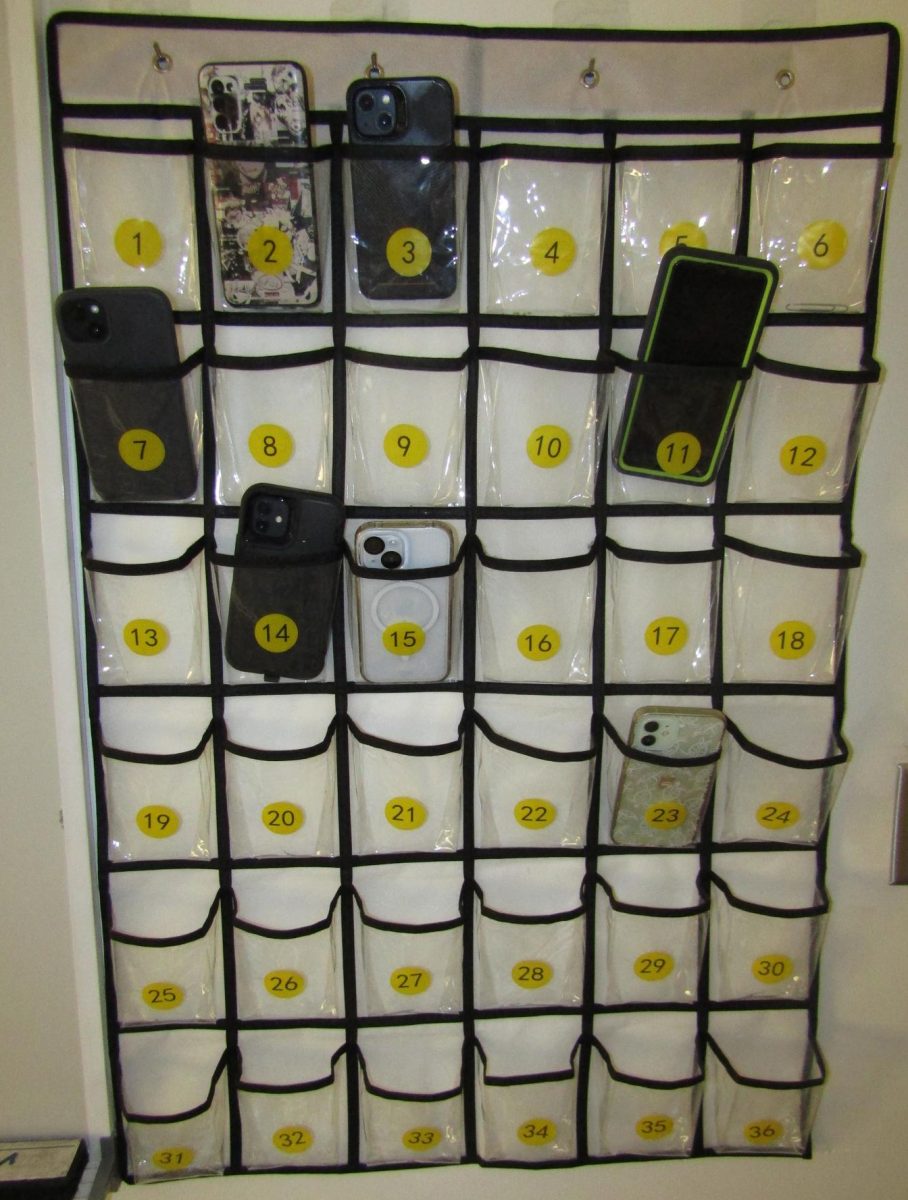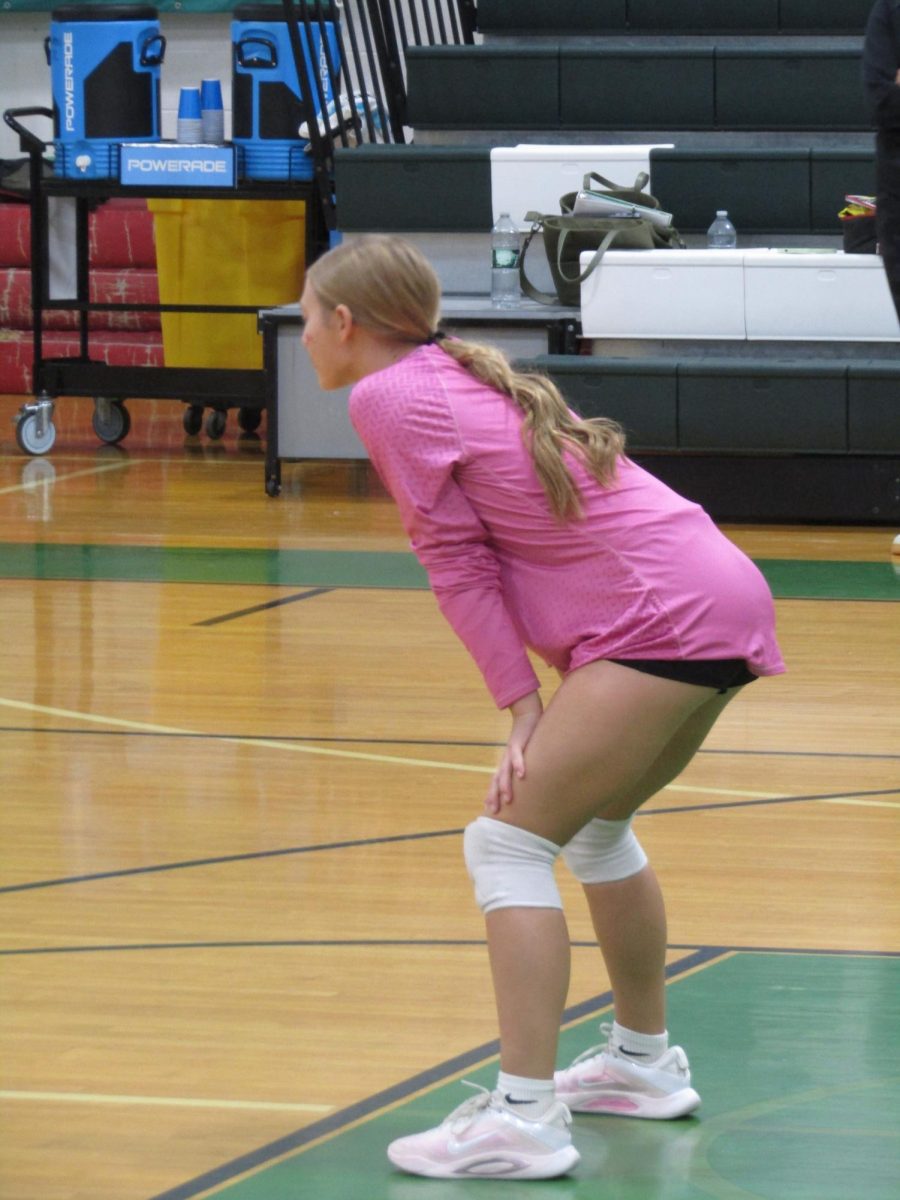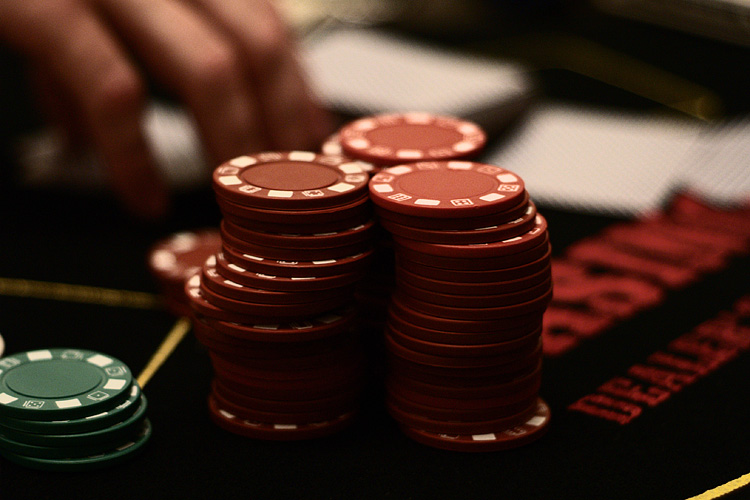Anxiety and How to Deal With It
Anxiety is very common nowadays and needs to be understood.
March 17, 2023
Many don’t understand anxiety. Some think it is drama, others think it is normal or that everybody has it. It is misunderstood and some are unaware of it.
What truly is anxiety? What are some signs of it? Are there different types and levels? What are some strategies and solutions to anxiety?
Anxiety is a constant and intense worry and fears about everyday situations. Fast heart rate, rapid breathing, sweating, and feeling tired might happen. Anxiety is normal in situations like taking a test or speaking in public. It is basically a disease when feelings become extra, excessive, consume you, and interfere with your life daily.
Some signs of anxiety are: feeling nervous, restless, or tense; having a sense of impending danger, panic, or doom; having an increased heart rate; breathing rapidly; sweating, trembling, feeling weak or tired; having trouble concentrating or thinking about anything other than the present worry; having trouble sleeping; experiencing gastrointestinal (GI) problems; having difficulty controlling worry; having the urge to avoid things that trigger anxiety.
There are many types of anxiety. Different types of anxiety are: generalized anxiety disorder in which you feel excessive, unrealistic worry and tension with little or no reason; panic disorder; social anxiety disorder; specific phobias; agoraphobia; separation anxiety; selective mutism; and medication-induced anxiety disorder.
Some levels of anxiety and their symptoms are mild anxiety which are constant worries that are ignored, nervousness, nausea, shakiness, and sweating. They aren’t debilitating.
Moderate anxiety is Level Two. It allows for daily functioning when compared to severe anxiety or panic disorder. People with moderate anxiety usually feel jitter or feel on edge, experience being unable to control their worrying, and don’t relax most days of the week.
Severe anxiety affects one daily and the symptoms are more severe and frequent. Some might even experience symptoms similar to those of major depression. Panic level anxiety is frequent and recurring and characterized by unexpected panic attacks. Some symptoms are: heart palpitations or rapid heartbeat, rapid breathing, nausea or dizziness, fear of death, and loss of consciousness or fainting.
Some strategies and ways of dealing with anxiety are: keeping yourself active and exercising, taking a walk and enjoying nature, spending time with family and friends, finding something to do, using breathing techniques, eating well, and getting sleep.
Overall, anxiety is a disease and it requires awareness. Many times it is misunderstood and many people don’t know how to deal with it, both the ones who suffer from it and the people around them who want to provide help.
“Stress is an ignorant state. It believes that everything is an emergency. Nothing is that important.” Natalie Goldberg
“There is only one way to happiness and that is to cease worrying about things which are beyond the power of our will.” Epictetus
“Be anxious for nothing, but in everything by prayer and supplication, with thanksgiving, let your requests be made known to God; and the peace of God, which surpasses all understanding, will guard your hearts and minds through Christ Jesus.” (Philippians 4:6-7)
“Life is ten percent what you experience and ninety percent how you respond to it.” Anonymous






































andre gouvea • Mar 17, 2023 at 3:00 pm
sasseba!!!!!!! sabe muito… DEUS é fiel